CELEBRITY
The Meaning Behind “Freedom” by Beyoncé and Kendrick Lamar and Its History as the Cornerstone of a Political Movement

Vice President Kamala Harris’s presidential campaign now has a theme song.
Beyoncé’s 2016 hit “Freedom” is the soundtrack to Harris’ bid to become the first female president of the United States. However, it’s not the first time “Freedom” has been used as the cornerstone of a political movement.
“Freedom” is taken from Beyoncé’s sixth studio album Lemonade. Beyoncé Knowles-Carter is famous for a meticulously crafted image so when she dropped an album detailing her husband Jay-Z’s infidelity, the singer created a seismic culture shift, turning her plight into a civil rights anthem.
Formation
“Freedom” uses a sample from the 1960s to create a spiritual and political song about liberation. A timeless organ riff from a defining decade for civil rights also speaks to the unfinished work that inspires artists to continue writing protest songs. The theme: keep on marching.
Tryna rain, tryna rain on the thunder
Tell the storm I’m new
I’m a wall, come and march on the regular
Painting white flags blue
Lord forgive me, I’ve been running
Running blind in truth
I’ma rain, I’ma rain on this bitter love
Tell the sweet I’m new
good kid, m.A.A.d city
Beyoncé summons generations of voices to preach a women’s gospel before Kendrick Lamar enters to rap about the systemic racism Black men experience. “Freedom” illustrates the struggle and offers hope over psych-organ and hip-hop beats.
Ten Hail Marys, I meditate for practice
Channel 9 news tell me I’m movin’ backwards
Eight blocks left, death is around the corner
Seven misleadin’ statements ’bout my persona
Six headlights wavin’ in my direction
Five-o askin’ me what’s in my possession
Yeah I keep runnin’, jump in the aqueducts
Fire hydrants and hazardous
Smoke alarms on the back of us
But Mama don’t cry for me, ride for me
Try for me, live for me
“Let Me Try”
“Freedom” sampled “Let Me Try” by Kaleidoscope, a ’60s British psychedelic group. Producer Just Blaze said Beyoncé approached him with a completed demo of “Freedom” using the Kaleidoscope sample.
Two additional samples appear: “Collection speech; Unidentified lining hymn” and “Stewball.” Alan Lomax recorded the speech in 1959, performed by R. C. Crenshaw. Lomax and his father John Lomax recorded the prison song “Stewball,” attributed to Prisoner 22, in 1947 at Parchman Farm (Mississippi State Penitentiary).











